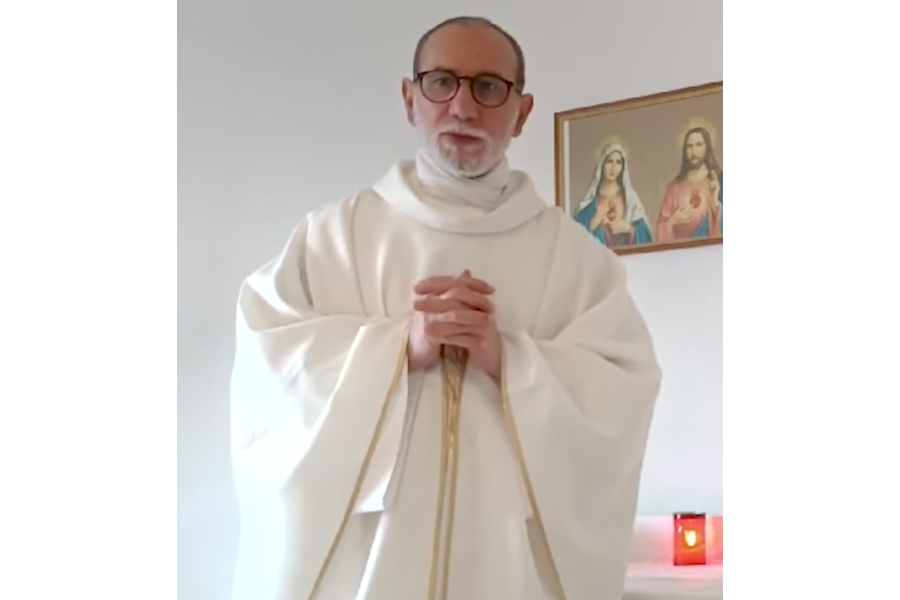Another Italian priest excommunicated after calling Francis ‘antipope’
A growing series of Italian priests have been excommunicated or suspended for rejecting papal authority.
An Italian priest was declared excommunicated this month, after a December video in which he referred to Pope Francis as an “antipope.”
The priest is the latest case in a growing series of Italian priests excommunicated or suspended for rejecting papal authority in recent months.
The Diocese of Palestrina announced i…

